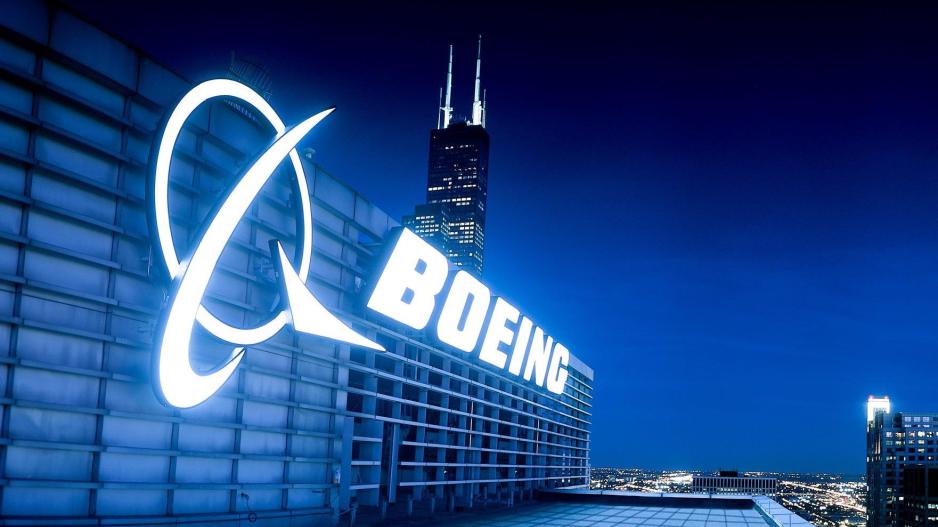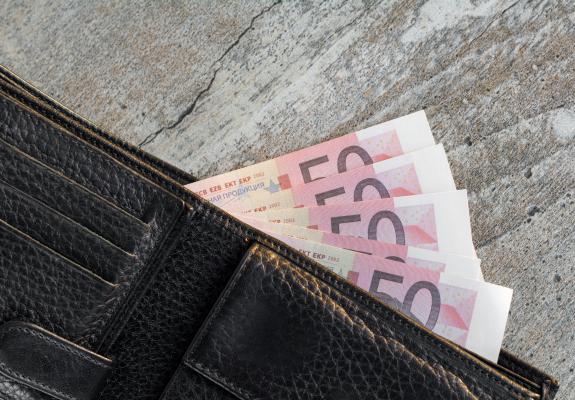Boeing: From Trusted Aerospace Giant to a Free Fall
Like the Banks During the Global Financial Crisis, Boeing Is Simply “Too Big to Fail”
Boeing, once hailed as one of the most reliable aerospace companies on the planet, has seen its reputation severely damaged in less than six years. This decline isn't just fueled by rumors, negative comments, or conjecture but by shocking revelations about safety inspection lapses.
Regulatory authorities, airlines, and even employees of the American giant are infuriated by consecutive accidents during flights, raising serious questions about the company's safety standards and production line inspection processes. Investors share this concern, with Boeing's stock falling 27% since the beginning of the year, marking the second-worst performance in the S&P 500 after Tesla.
Boeing's latest headache occurred on Monday when a 787 Dreamliner flying from Australia to New Zealand experienced severe turbulence, injuring around 50 passengers. LATAM Airlines, in a statement, attributed the injuries to a "technical incident during the flight that caused strong turbulence." The exact nature of the technical issue and whether Boeing is at fault remains unclear.
However, the frequency of these incidents has inevitably fueled suspicions. Recently, a United Airlines aircraft experienced a mid-air fuel leak, leading to an emergency landing two hours after takeoff. On March 4th, a Boeing 737 was forced to land in Texas minutes after takeoff due to one of its engines catching fire. A Boeing 777 made an emergency landing in Los Angeles on March 7th after losing a tire during takeoff. Another Boeing aircraft in Memphis skidded off the runway onto the grass.
In recent months, there have been incidents of cockpit cracks and sections of the fuselage detaching.
The suicide of a former employee and whistleblower has also raised concerns.

CNN, commenting on Boeing's troubles, noted that for any other company, this would be the time to "call the lawyers and start working on a sale or bankruptcy." These incidents have not only shaken confidence in the company. In the past six years, Boeing has been implicated in two major aviation tragedies, resulting in 346 deaths, lost billions of dollars, paid billions in fines and settlements, and has been in the news for all the wrong reasons.
How does Boeing continue unaffected? "It's in many ways an American institution that remains untouched," explains CNN, adding that even regulatory bodies like the Federal Aviation Administration, though "shocked" by these developments, rely heavily on Boeing for self-regulation due to underfunding.
Like the banks during the global financial crisis, Boeing is simply "too big to fail." At the American level, Boeing is nearly a monopoly, and globally, it forms an oligopoly with its main competitor, European Airbus. However, it's not a real competition.
Boeing's main customers are airlines that can't suddenly discard their Boeing fleets for Airbus ones. Their pilots are often certified for either company's aircraft. Once a company chooses between these two aerospace giants, it tends to stick with that choice.






